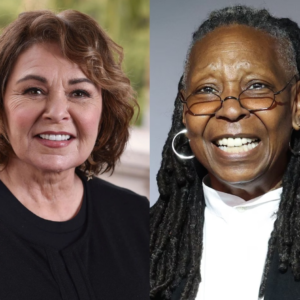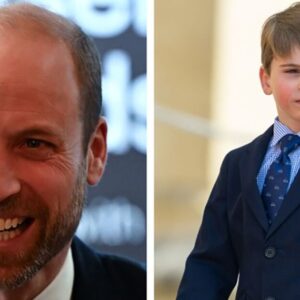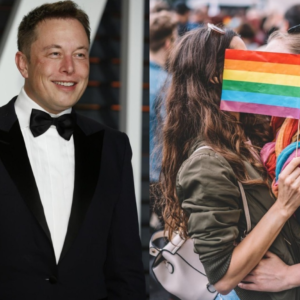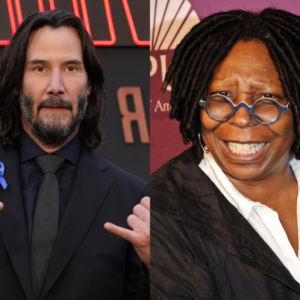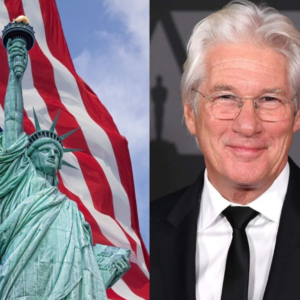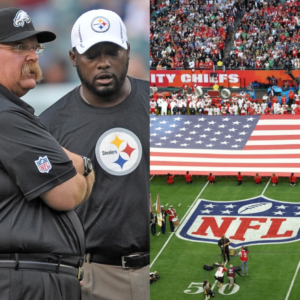Candace Owens Outwits Rabbi Shmuley on ‘Piers Morgan Uncensored,’ Causing a Stir
In a recent episode of Piers Morgan Uncensored, conservative commentator Candace Owens engaged in a spirited debate with Rabbi Shmuley Boteach, a prominent figure known for his advocacy on various social issues and his vocal positions on morality and ethics. The encounter quickly escalated, with Owens deftly countering Rabbi Shmuley’s arguments, ultimately causing him to lose his composure. This intense exchange not only entertained viewers but also sparked discussions about the broader implications of their debate on contemporary social and political issues.
Setting the Scene
The episode aired during a time of heightened political tension and cultural discourse, making it a prime moment for a clash of ideologies. Piers Morgan, known for his confrontational interviewing style, introduced the topic of the evening: the role of morality in politics and society, particularly in the context of free speech and social justice. With both Owens and Rabbi Shmuley holding strong opinions, viewers anticipated a lively discussion.
As the segment began, Morgan laid the groundwork by highlighting the differences in their perspectives. Owens, representing a more conservative viewpoint, has been critical of what she perceives as the excesses of progressive movements, while Rabbi Shmuley, with his background in Jewish ethics and social commentary, often advocates for a more compassionate approach to societal issues.
The Debate Begins
The conversation started with a focus on free speech, a topic that both Owens and Rabbi Shmuley are passionate about. Owens argued that free speech is under threat in today’s society, particularly from “woke” culture, which she claims seeks to silence dissenting voices. “We are witnessing a culture that punishes people for speaking their truths,” she asserted, laying out her belief that this trend stifles genuine dialogue.
Rabbi Shmuley countered by emphasizing the importance of responsibility that comes with free speech. He argued that certain forms of speech can perpetuate hate and division, suggesting that while free speech is vital, it should not come at the expense of social harmony. “Words have power,” he stated, stressing that the moral implications of speech should be considered. This is where the tension began to rise.
Key Moments of Wit
As the debate progressed, Owens showcased her quick wit and ability to articulate her points clearly. When Rabbi Shmuley accused her of being overly simplistic in her views on free speech, she responded with a sharp retort. “It’s not simplistic to defend the right to speak freely; it’s essential. Simplistic is suggesting we should silence people because they don’t align with our values,” she quipped, effectively turning the argument back on him.
The turning point came when the discussion shifted to social justice movements. Rabbi Shmuley criticized some of Owens’ views as dismissive of the struggles faced by marginalized communities. He pointed out that her rhetoric often lacks empathy. In response, Owens articulated a nuanced perspective, arguing that promoting personal responsibility and self-empowerment does not negate the existence of systemic issues. “Empathy is important, but we must also empower individuals to rise above their circumstances,” she stated, framing her argument in a way that was both compassionate and assertive.
The Rabbi, visibly frustrated, attempted to regain control of the conversation, but Owens continued to deftly navigate his points. At one moment, she challenged him directly: “Are you suggesting that we should coddle people and not encourage them to take charge of their own lives?” This question caught Rabbi Shmuley off guard, leading to a brief pause where he seemed to struggle to formulate a response.
The Moment of Composure Lost
As the debate reached its peak, Rabbi Shmuley’s composure began to falter. His frustration was evident as he attempted to articulate the importance of community support in addressing social issues, but Owens countered with a powerful statement that resonated with many viewers. “Community support is vital, but so is the individual’s drive to succeed. We can’t keep blaming systems without acknowledging personal agency,” she declared, leaving Rabbi Shmuley momentarily speechless.
The tension in the studio was palpable as viewers witnessed a back-and-forth that was both enlightening and entertaining. Morgan, ever the provocateur, interjected at times to steer the conversation, but it was clear that Owens had taken the lead in this debate. The dynamic had shifted, with Owens asserting her points with confidence, while Rabbi Shmuley struggled to regain his footing.
Audience Reactions
Following the episode, social media erupted with reactions from viewers. Many praised Owens for her articulate defense of free speech and personal responsibility, highlighting her ability to engage in complex discussions without resorting to emotional outbursts. On the other hand, Rabbi Shmuley faced criticism for losing his composure and failing to effectively counter Owens’ arguments.
The exchange sparked broader discussions about the nature of political discourse in the United States. Advocates for free speech lauded Owens’ approach, while others raised concerns about the potential consequences of her rhetoric. The debate exemplified the challenges faced by public figures in navigating sensitive topics in an increasingly polarized environment.
Conclusion
Candace Owens’ appearance on Piers Morgan Uncensored not only showcased her sharp intellect and debating skills but also highlighted the complexities of discussing morality and free speech in today’s society. Her ability to counter Rabbi Shmuley’s arguments left a lasting impression, serving as a reminder of the importance of engaging in thoughtful dialogue, even when opinions diverge sharply.
As the political landscape continues to evolve, discussions like this one are crucial. They provide a platform for individuals to express their views while challenging one another to think critically about the issues at hand. In the end, Owens’ performance stands as a testament to the power of well-articulated arguments in shaping public discourse and influencing perspectives.
